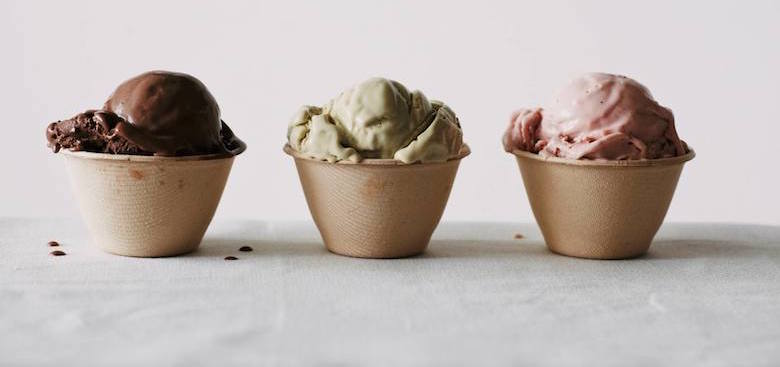
What makes Brooklyn food and drink businesses “authentic,” especially as many evolve from plucky start-ups to national, or even global, brands? In the online aftermath of a four-part blog series that challenged nearby Mast Brothers Chocolate Makers’ legitimacy, some are calling the genuineness of the artisanal food institution into question.
It’s an interesting period for many of these “veteran” members of the Brooklyn small-batch food movement. Many companies, including the Mast Brothers, have been in it since the beginning (around when I covered Brooklyn Based’s first “Unfancy Food Show” in 2007) and are close to reaching their 10-year anniversaries. They may sell different products and have grown at different rates, but they share a common challenge: How do they maintain their integrity while continuing to grow?
Open and accurate information is important, many say. “It is always a challenge to maintain the public’s idea of artisanal, handmade, etcetera, while also growing and functioning as a sustainable business in New York City,” says Laena McCarthy, founder of Anarchy in a Jar. “While success for any brand is finding the right spin, I highlight the positive aspects of my business (made in Brooklyn, handmade, sustainably sourced, high quality, all natural, low sugar, etcetera) and am honest about why all my ingredients are not organic or entirely local,” McCarthy adds.
Maintaining a product’s quality is also a key concern. “The main motto is: If you can do it better without sacrificing quality, then do it! If there is a sacrifice, then it’s not worth it, as tempting as it may be,” says Kheedim Oh, founder of Mama O’s Kimchi.
For Oh, growth has led to creative new product offerings such as kimchi pastes and a home kimchi-making kit. “My goal in the beginning and now is to make the best product possible and then go from there. Growth has always been a backseat to authenticity,” he says.
Ben Van Leeuwen, co-founder of Van Leeuwen Ice Cream, doesn’t see pursuing growth and maintaining integrity as being mutually exclusive. “For us, growth makes it easier to produce an artisanal product and remain profitable…. Since we will never skimp on ingredients, as we grow, we can find more efficiency in production (larger-scale equipment) and we can spread our fixed expenses across more revenue.”
“If tastes or the economy changed in a way where people were no longer willing to pay a bit extra for the best quality, we would find a way to do it for less, but be completely open about it,” he adds.
“It is possible to be sustainable, eco-conscious, ethical and authentic, but it takes work,” McCarthy asserts. “I hope that the consumer values that and that this controversy doesn’t cloud the validity of other small, genuine brands in New York City.”



